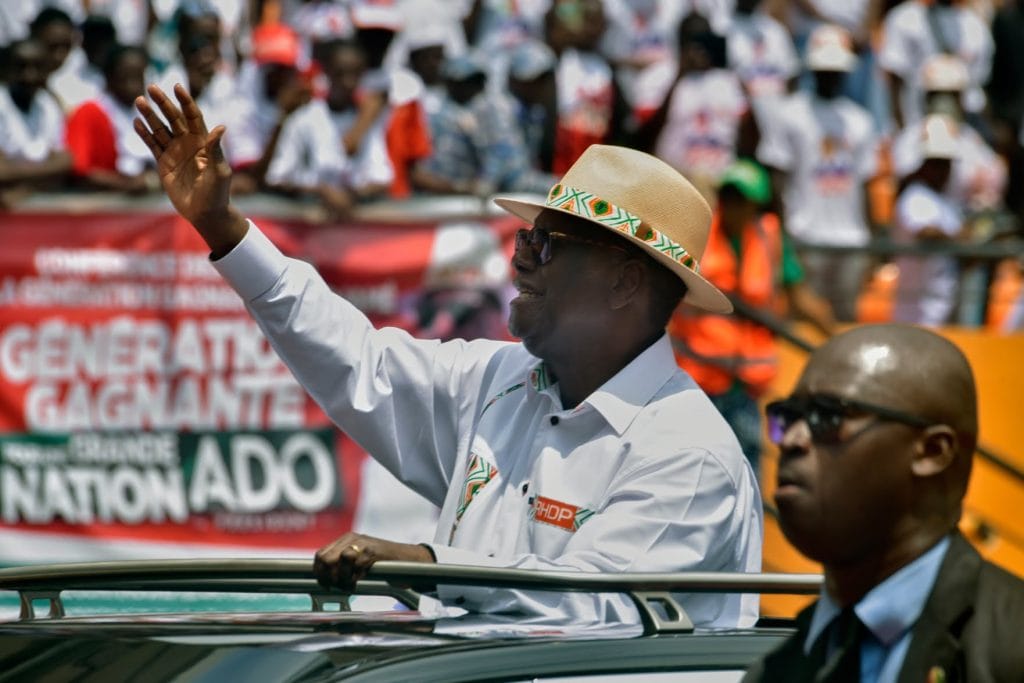Ivorians are preparing to vote in a high-stakes presidential election overshadowed by discontent over President Alassane Ouattara’s decision to seek a fourth consecutive term and the disqualification of major opposition leaders.
The 83-year-old incumbent, who argues that the 2016 constitutional reform reset term limits, faces growing criticism for undermining democracy. The vote comes amid a ban on protests, tightened security, and fears of violence reminiscent of past elections that plunged the nation into crisis.
Ouattara, who has ruled since 2010, campaigns on stability and economic growth. Supporters credit him for infrastructure progress, while critics accuse his government of suppressing dissent and widening inequality.
Among those barred from the race are former President Laurent Gbagbo and ex-Credit Suisse chief Tidjane Thiam, both influential figures whose exclusion has stirred public anger. Analysts warn that the move has reduced competition, leaving Ouattara as the clear frontrunner.
Other contenders include Simone Gbagbo, the former first lady seeking a political comeback, and Jean-Louis Billon, a businessman appealing to younger voters. However, Ouattara’s political machinery and control of state institutions give him a major advantage.
Over 44,000 security personnel have been deployed nationwide. Authorities say the measure ensures calm, but critics fear it may intimidate voters.
Ivory Coast remains one of West Africa’s fastest-growing economies, yet poverty and inequality persist, alongside new threats from Sahel-based armed groups.
As Ivorians cast their votes, uncertainty looms over whether the election will consolidate democracy or deepen divisions in this influential West African nation.



